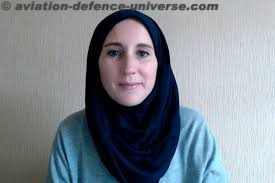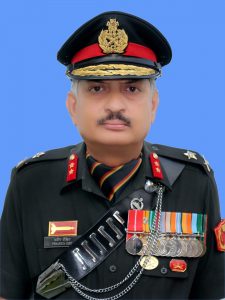- Experts opine
New Delhi. 25 August 2021. Does war gaming work where traditional decision making methodology fails? A million dollar question which has a billion dollar answer – do and decide. Participants in a required level of environment to give a maximal realism feel, delve deep into the problem in hand, thrash out it’s pros & cons by using role play. Analysis aided by varied view points , most of the time creates consensus on matters where decision making ends with policy formulation. Lets see what experts opine on this strategy, as countdown to the event Wargames : Corporatisation of OFB being organised by Insighteon Consulting begins. Check out the answers ADU got to the questions posed to the expert participants.
Q . Why Is Business Wargaming Catching On Now?
Ans. As plans or policies are often full of distortions and assumptions, it allows us to put our biases and fallacies aside. The idea being that war games can be used to evaluate strategies, explore scenarios and reveal unexpected weaknesses.
Saurabh Kumar, Former Chairman OFB
Q. What Makes Business Wargaming Effective?
Ans. Wargaming is a norm in defence services because you can go to battle only once and there are no retakes thus all aspects/ approaches are studied. Similarly in commercial/ business wargaming simulation of business conditions and challenges enables executives to design or modify strategies that are yet to be implemented taking into account the changing nature of the environment. With inclusion of specific real environmental conditions and scenarios it makes them more effective.
Q. Do you think war-games can be a tool of policy formulation?
Ans. Definitely not only for policy formulation but also test the desired yet to be practiced policy or do a course correction to an existing policy before full committal of resources. When topical experts are assembled and presented with the problem scenarios and there are actions-reactions-counteractions and this engagement continues in a facilitated discussion the results do offer opportunities to boldly question assumptions in policy formulation. I would say they not only assist in predicting the future to a degree but a well-designed war-game can better equip both policy makers and stakeholders by preparing them for contingencies, as well as get better bang for the buck.
Maj Gen Vinod Sharma, Former MGGS Doctrines, Army Training Command
Q. What is your expectations from the designers of this wargame?
Ans. Wargames should have a specific and relevant purpose with laid down objectives. I expect the organisers of this wargame on Corporatisation of OFB to have studied the impact of the government decision and thereby formulate a methodology to allow the participants to apply their experience and knowledge to the key issues being highlighted. I also expect them to ensure that participants are not overwhelmed with extraneous details and focus only on issues critical to the OFB. It is also important to record everyone’s perspective and highlight grey areas for addressal.
Maj Gen R Kochhar VSM, Former MGAOC






















































































































